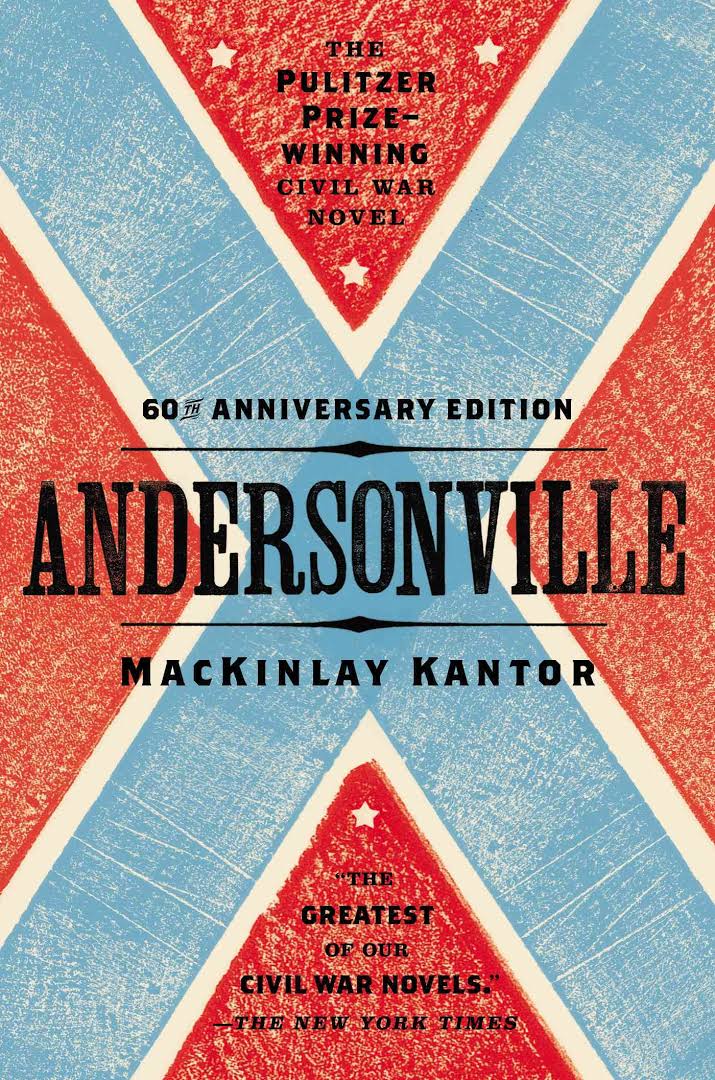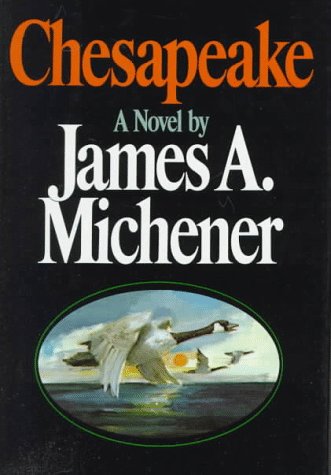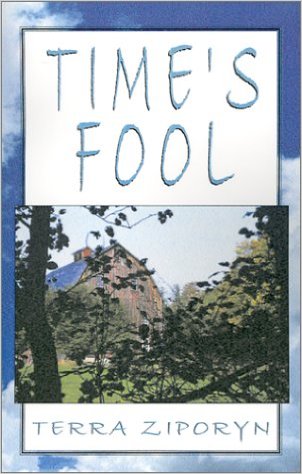IS HISTORICAL FICTION HISTORICAL?
Listening to James Michener’s Chesapeake on recent driving trips, I’m finding myself increasingly uncomfortable. He’s cheating, I think. These characters – they are so vivid. He didn’t have to make them up from whole cloth. Doesn’t that make his life as a novelist considerably easier? Or his creative achievements less impressive?
I’ve been having similar musings reading MacKinlay Kantor’s Pulitzer-Prize-winning Civil War novel, Andersonville. Kantor spent twenty-five years researching this book about the eponymous Georgia prison camp. This extensive research allowed him to include vivid details about a lot of historical figures, including Henry Wirz (the camp commandant), John H. Winder (the Confederate general in charge of the POWs), and William Collins (a Union prisoner executed by fellow prisoners as one of the Andersonville Raiders).
To be honest, I do the very same thing in my own historical novel Time’s Fool. Although I didn’t devote a full quarter century to the research, I certainly did my share of it, reading widely and deeply about the Oneida Colony, a 19th century utopian community in which much of the book is set, and which grounds the story. Some of the characters are based on real people – John Humphrey Noyes in particular. Others are made up, and interact with him. Where does history end and fiction begin?
An Oxymoron?
In some ways the term “historical fiction” is an oxymoron. When you think of it, how can something be both fiction and historical?
Such worries have stymied me as a writer. If my character is a real historical figure, or set in a past place or time, how much history, or “reality,” am I allowed to change? And is it fair to make a character say something he clearly did not say, or at least something that I have no way of knowing he said?
If a character is “made up,” of course I can do that. I can change anything I want. I can similarly say my made-up city has flying cars and talking trees if I so choose. But what if I use the name of someone who actually existed? What if I set my story in a place or time people know, or knew? What are my responsibilities to reality then?
Fiction as History
To the extent that fiction, any fiction, describes aspects of the real world, it is historical. Virtually all stories, even the most avant garde and abstract, contain elements of the world as it has been.
Fiction is entangled with history no matter how much or little research is done. It is entangled with history no matter how many aspects of the story are “made up.” Fiction that communicates the way a cloud looked, the way a room felt, or what a person thought is going to be different if that cloud or room or thought occured in 1202 or 1690 or 1864 or 2015. Even without trying, the novelist will naturally ground the story in certain conventions or realities of the time period in which the story is taking place, or the story will lose all coherence.
Perhaps fantasy and science fiction are exceptions. But even they reflect the history of their authors. You can read Mary Shelley‘s Frankenstein, often considered the first science fiction novel, and know from the dialogue, diction, and descriptions that it was written in 1818, not 2016. Similarly, H.G. Wells‘ classic science fiction work, The Time Machine, is clearly a product of the 19th century.
A writer cannot escape certain unconscious assumptions, vocabulary, even world view of a particular historical period that appear through the writing. From that perspective, even today’s futuristic fiction will one day be historical.
Redundancy or Oxymoron?
You might, of course, argue that fiction by definition isn’t history because in fiction “reality” is filtered through the author’s mind, with bits and pieces chosen as desired. A story or novel never fully mimics reality but rather the author’s perspective on that reality. No novelist, even the most meticulous researcher, can help but distort history.
The problem here is that no historian can help but distort history either. You might even say that all history is a kind of fiction. I make this statement as a trained historian. However much research we do, our subjective and often unconscious beliefs and biases inevitably color the history we tell, even the so-called historical facts we uncover.
The subjectivity of history doesn’t mean that any old thing is an historical fact. It doesn’t mean that an historian is a novelist and can say anything at all about the past. However, it does mean that there’s a little bit of storytelling that we do when we write history, no matter how much we try to stick to the facts.
Still, given the subjective element of both fiction and history, and the grouding of all fiction in history, it seems unfair to call historical fiction an oxymoron. In fact, it might be more accurate to call historical fiction a redundancy. All fiction is to some extent historical, just as all history is to some extent fiction.
History, or, more broadly, real life and facts of life, are everywhere. As writers, we cannot keep them from creeping into our works, whether we label these works as “historical” or not. We can research till the cows come home and still never be factually correct. But we can also spin tales out of thin air and never leave the ground.
Terra Ziporyn
TERRA ZIPORYN is an award-winning novelist, playwright, and science writer whose numerous popular health and medical publications include The New Harvard Guide to Women’s Health, Nameless Diseases, and Alternative Medicine for Dummies. Her novels include Do Not Go Gentle, The Bliss of Solitude, and Time’s Fool, which in 2008 was awarded first prize for historical fiction by the Maryland Writers Association. Terra has participated in both the Bread Loaf Writers Conference and the Old Chatham Writers Conference and for many years was a member of Theatre Building Chicago’s Writers Workshop (New Tuners). A former associate editor of the Journal of the American Medical Association (JAMA), she has a PhD in the history of science and medicine from the University of Chicago and a BA in both history and biology from Yale University, where she also studied playwriting with Ted Tally. Her latest novel, Permanent Makeup, is available in paperback and as a Kindle Select Book.
- Web |
- More Posts(106)


